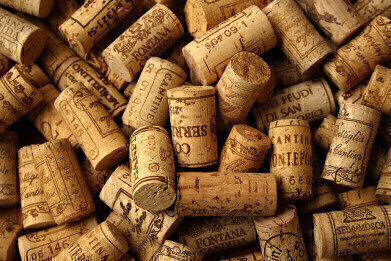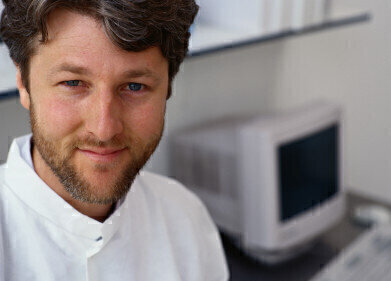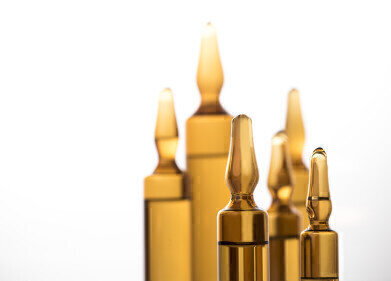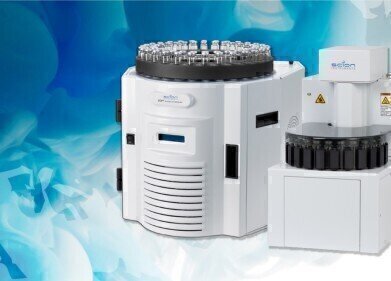Industrial news
How Is Science Changing Wine?
Nov 28 2014
When you open a bottle of wine — you could be forgiven for thinking that you are about to enjoy a humble drink. After all, there isn’t much to it is there? A few grapes, sugar and yeast to make it ferment, and a little bit of patience — simple, right?
Wine is actually a complex mixture — water, ethanol, sugars, organic acids, metal ions, tannins and antioxidants are among the many different components that go to make up your favourite tipple. In a typical glass of red wine 86% of the volume is water and 12% is ethanol. It is the remaining 2% that is interesting — the chemicals that give the wine its flavour, smell and colour.
Oenology — the science of wine
There are many ways that science has helped to improve wine, from the use of the scientific method to improve consistency in production through to the use of modern chromatographic techniques to check for adulteration in wine. Science has also shown us that the way vines grow affects the final product.
Traditionally, wine growers used the full range of chemicals — fungicides, herbicides and fertilisers — to make sure that the vines were pest-free and healthy. Everything else was secondary to the vines.
However, modern winegrowers consider their vineyards as ecosystems — and consider the individual components as part of the system essential to produce good, clean wine. The health of the soil is now considered as an integral component of the process, and biological solutions to pests and diseases are being used more often. This helps to create a more sustainable ecosystem for us all.
To cork or not to cork
What is the best way to seal a wine bottle? There is probably no other question discussed as much by wine lovers than this. And does science have an answer? Well, yes and no.
The search for an alternative to cork probably started around 20 years ago, with plastic corks and screw caps the leading contenders. Studies have changed the way people think about how to seal a wine bottle. The closure’s role is not solely to keep air out and wine in – it allows small amounts of oxygen into the bottle, and the amount has an impact the wine. Too much oxygen and the wine ages too quickly. The studies show that the wine changes after bottling and that the type of closure should be chosen to suit the wine and its character.
The future...
One of the future choices for wine makers to consider is the use of genetic engineering. Highly controversial — but it could help make vineyards even more environmentally friendly by reducing the use of chemicals. Would you buy a bottle of genetically modified wine?
Wine is big business, and the number of vineyards in the UK is growing. You can read about the future of wine research in the UK in this article, Winemakers Head for the Hills. It takes a closer looks at the Plumpton College Wine Centre in South Downs National Park, which has now established the UK’s first and only dedicated wine research centre with analytical facilities capable of generating findings of international significance.
Image Source: Wine Corks
Events
May 11 2025 Vienna, Austria
May 18 2025 Tempe. AZ, USA
May 21 2025 Birmingham, UK
Jun 01 2025 Baltimore, MD, USA
Jun 15 2025 Bruges, Belgium














